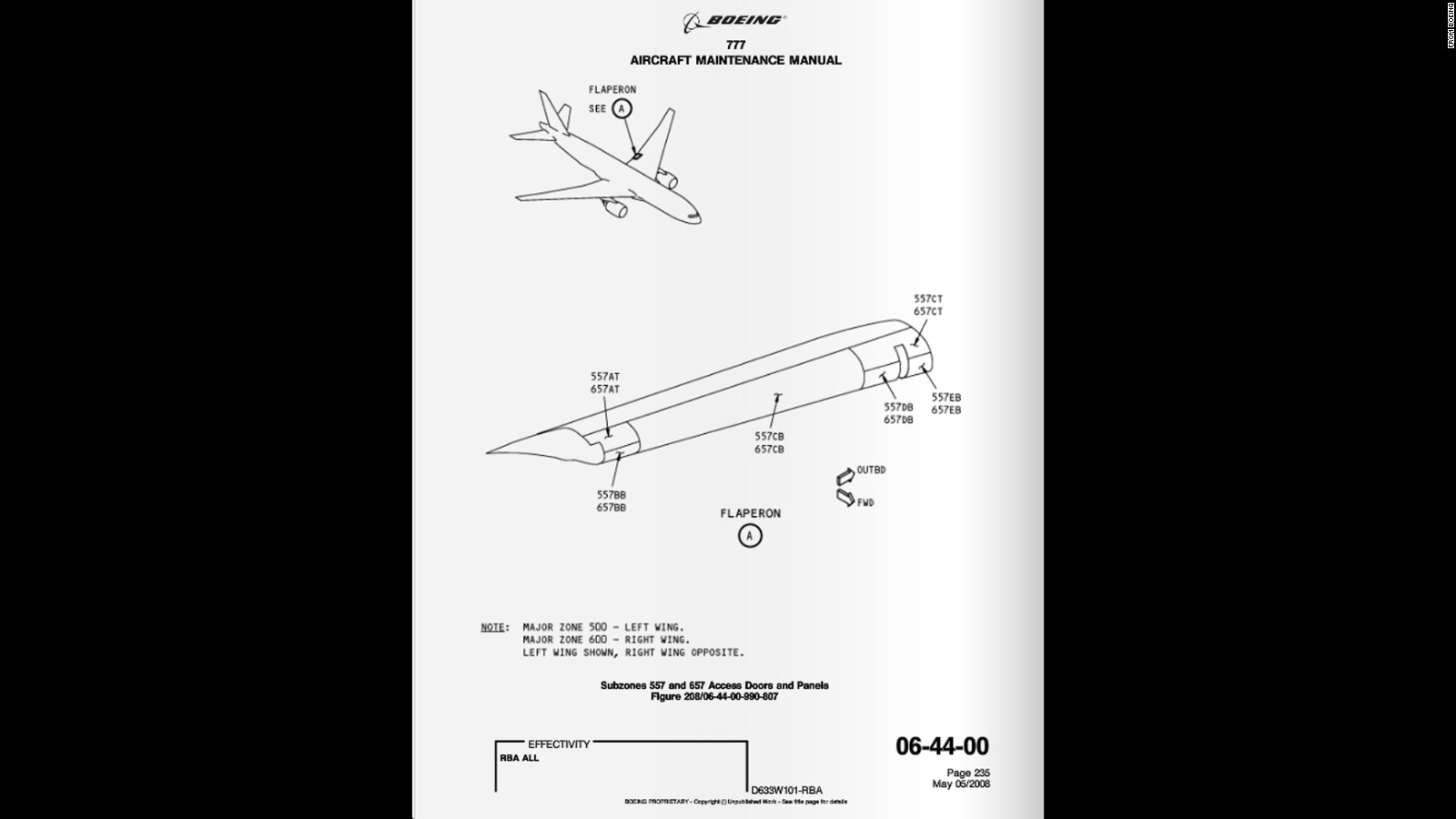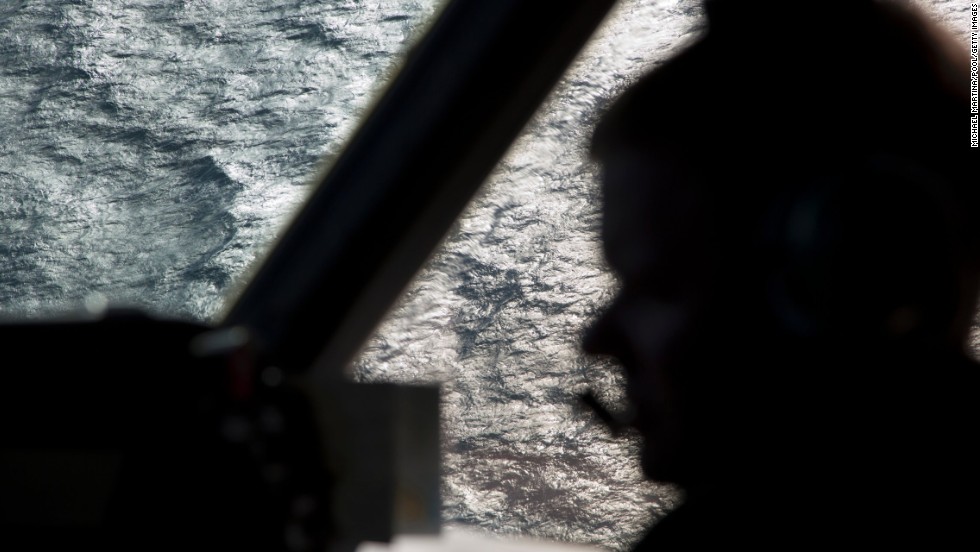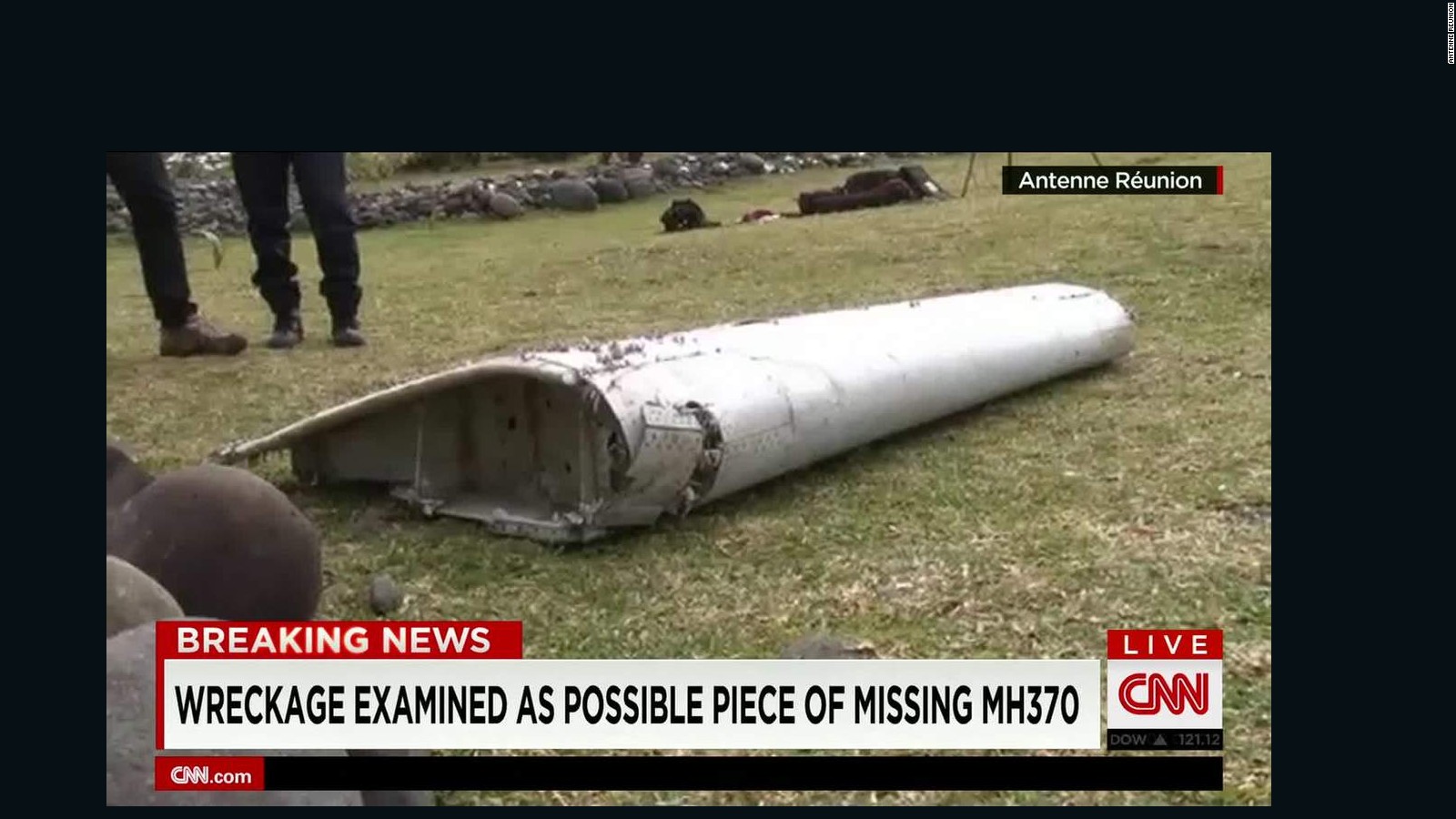Third Schedule of Strata Management Regulation 2015
WITH the demise of the Deed of Mutual Covenants, the Third Schedule of the Strata Management Regulation 2015, now known as by-laws and any additional by-laws made under the Strata Management Act 2013 (“the Act”) shall bind the developer, the joint management body, the management corporation or the subsidiary management corporation, as the case may be, along with the purchaser, parcel owners or proprietors.
It also binds any chargee or assignee, lessee, tenant or occupier, of a parcel to the same extent as if the by-laws or the additional bylaws have been signed or sealed by each person or body mentioned above, and contain mutual covenants to observe, comply and perform all the provisions of the bylaws or additional by-laws.
These by-laws shall apply to any development area:
SALIENT FEATURES OF THE BY-LAWS
Functions of the management corporation are to maintain in a state of good condition, service and repair, where necessary, including:
COMMON PROPERTY FOR COMMON BENEFIT
The management corporation shall control, manage and administer the common property for the benefit of all the proprietors, provided that the management corporation, by written agreement with a particular proprietor, grant him for a defined period of time, the exclusive use and enjoyment of part of the common property or special privileges in respect of the common property or part of it, subject to appropriate terms and conditions to be stipulated by the management corporation.
To impose a fine, the management corporation may, by a resolution at a general meeting, do so, of such amount as shall be determined by that general meeting against any person who is in breach of any by-law or any additional bylaws made under the Act.
It is important to note that defaulters of service charges et cetera, can have theirs and their family’s access card denied and also be imposed a fine.
A defaulter is a proprietor who has not fully paid the charges or contribution to the sinking fund in respect of his parcel or any other money imposed by or due and payable to the management corporation under the Act, at the expiry of the period of 14 days of receiving a notice from the management corporation. Any restriction or action imposed against a defaulter shall include his family or any chargee, assignee, successor-intitle, lessee, tenant or occupier of his parcel.
If any sum remains unpaid by the proprietor at the expiry of the period of 14 days, the proprietor shall pay interest at the rate of 10% per annum on a daily basis or at such rate as shall be determined by the management corporation at a general meeting, until the date of actual payment of the sum due.
The management corporation may prepare a defaulters’ list showing the names of the defaulting proprietors, their respective parcels and the amount of the sum that remains unpaid. The management corporation may also display the list of defaulters’ names on the notice boards at the building, provided that such a list shall be updated by the management corporation at the end of every following calendar month.
The management corporation may, at the expiry of the period of 14 days, and without prior notice, deactivate any electromagnetic access device, such as a card, tag or transponder, issued to a defaulter until such time, that any sum remaining unpaid in respect of his parcel has been fully paid, together with a charge not exceeding RM50 that may be imposed by the management corporation for the reactivation of his electromagnetic access device. During the period of the deactivation of his electromagnetic access device, the management corporation may require the proprietor to sign in a defaulters’ register book each time that the defaulter requires any assistance for entry into or exit from the building or the development area. The management corporation may also stop or suspend a defaulter from using the common facilities or common services provided by the management corporation, including any car park bay in the common property that has been designated for the use of the defaulter.
The management corporation may accept payment of any sum due by a defaulter which is made by his chargee, assignee, successor-in-title, lessee, tenant or occupier, and any of the aforesaid persons, who had made such payment, shall be deemed to be irrevocably authorised by the defaulter to do so.
Follow part two of our article next week touching on the general duties and prohibitions of strata title proprietors.
By DATUK PRETAM SINGH DARSHAN SINGH The Sun (Malaysia)
Related post:
WITH the demise of the Deed of Mutual Covenants, the Third Schedule of the Strata Management Regulation 2015, now known as by-laws and any additional by-laws made under the Strata Management Act 2013 (“the Act”) shall bind the developer, the joint management body, the management corporation or the subsidiary management corporation, as the case may be, along with the purchaser, parcel owners or proprietors.
It also binds any chargee or assignee, lessee, tenant or occupier, of a parcel to the same extent as if the by-laws or the additional bylaws have been signed or sealed by each person or body mentioned above, and contain mutual covenants to observe, comply and perform all the provisions of the bylaws or additional by-laws.
These by-laws shall apply to any development area:
- during the management by the developer before the joint management body is established;
- during the management by the joint management body;
- during the management by the developer before the first annual general meeting of the management corporation;
- during the management by the management corporation after first annual general meeting of the management corporation ; and
- during the management by the subsidiary management corporation after it has been established in respect of the limited common property .
SALIENT FEATURES OF THE BY-LAWS
Functions of the management corporation are to maintain in a state of good condition, service and repair, where necessary, including:
- renew or upgrade the fixtures and fittings, lifts, installations, equipment, devices and appliances existing in the development area and used or capable of being used or enjoyed by occupiers of two or more parcels;
- maintain, repair and, where necessary, renew or upgrade sewers, pipes, wires, cables and ducts existing in the development area and used or capable of being used in connection with the enjoyment of more than one parcel or the common property;
- where applicable, establish and maintain suitable lawns and gardens on the common property;
- where applicable, manage, maintain and secure suitable operators for any of the common utilities, amenities and services in the common property, such as launderette, convenience store, cafeteria, nursery and others, to reasonable standards of safety and health for the convenience, comfort and enjoyment of the proprietors and occupiers;
- renew and upgrade common property where necessary for the purpose of retaining and adding the market value of parcels in the development area;
- on the written request of a proprietor of a parcel and on payment of a fee, which shall not exceed RM50, furnish to the proprietor, or to a person authorised in writing by the proprietor, the copies of all policies of insurance effected under the Act or effected against such other risks as directed by the proprietors by a special resolution, together with the copies of the receipts for the last premiums paid in respect of the policies;
- set up, manage and maintain proper procurement procedures and tender process in a fair and transparent manner for all purchases, acquisitions or awards of contracts in connection with the management and maintenance of the common property;
- set up, manage and maintain a good credit control system in the collection of maintenance charges and contribution to the sinking fund and any other charges lawfully imposed by the management corporation; administer and enforce the bylaws and any additional by-laws made under the Act; and
- and without delay, enter in the strata roll, any change or dealing notified to it by any proprietor.
COMMON PROPERTY FOR COMMON BENEFIT
The management corporation shall control, manage and administer the common property for the benefit of all the proprietors, provided that the management corporation, by written agreement with a particular proprietor, grant him for a defined period of time, the exclusive use and enjoyment of part of the common property or special privileges in respect of the common property or part of it, subject to appropriate terms and conditions to be stipulated by the management corporation.
To impose a fine, the management corporation may, by a resolution at a general meeting, do so, of such amount as shall be determined by that general meeting against any person who is in breach of any by-law or any additional bylaws made under the Act.
It is important to note that defaulters of service charges et cetera, can have theirs and their family’s access card denied and also be imposed a fine.
A defaulter is a proprietor who has not fully paid the charges or contribution to the sinking fund in respect of his parcel or any other money imposed by or due and payable to the management corporation under the Act, at the expiry of the period of 14 days of receiving a notice from the management corporation. Any restriction or action imposed against a defaulter shall include his family or any chargee, assignee, successor-intitle, lessee, tenant or occupier of his parcel.
If any sum remains unpaid by the proprietor at the expiry of the period of 14 days, the proprietor shall pay interest at the rate of 10% per annum on a daily basis or at such rate as shall be determined by the management corporation at a general meeting, until the date of actual payment of the sum due.
The management corporation may prepare a defaulters’ list showing the names of the defaulting proprietors, their respective parcels and the amount of the sum that remains unpaid. The management corporation may also display the list of defaulters’ names on the notice boards at the building, provided that such a list shall be updated by the management corporation at the end of every following calendar month.
The management corporation may, at the expiry of the period of 14 days, and without prior notice, deactivate any electromagnetic access device, such as a card, tag or transponder, issued to a defaulter until such time, that any sum remaining unpaid in respect of his parcel has been fully paid, together with a charge not exceeding RM50 that may be imposed by the management corporation for the reactivation of his electromagnetic access device. During the period of the deactivation of his electromagnetic access device, the management corporation may require the proprietor to sign in a defaulters’ register book each time that the defaulter requires any assistance for entry into or exit from the building or the development area. The management corporation may also stop or suspend a defaulter from using the common facilities or common services provided by the management corporation, including any car park bay in the common property that has been designated for the use of the defaulter.
The management corporation may accept payment of any sum due by a defaulter which is made by his chargee, assignee, successor-in-title, lessee, tenant or occupier, and any of the aforesaid persons, who had made such payment, shall be deemed to be irrevocably authorised by the defaulter to do so.
Follow part two of our article next week touching on the general duties and prohibitions of strata title proprietors.
By DATUK PRETAM SINGH DARSHAN SINGH The Sun (Malaysia)
Related post:













